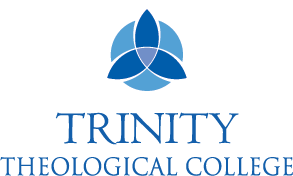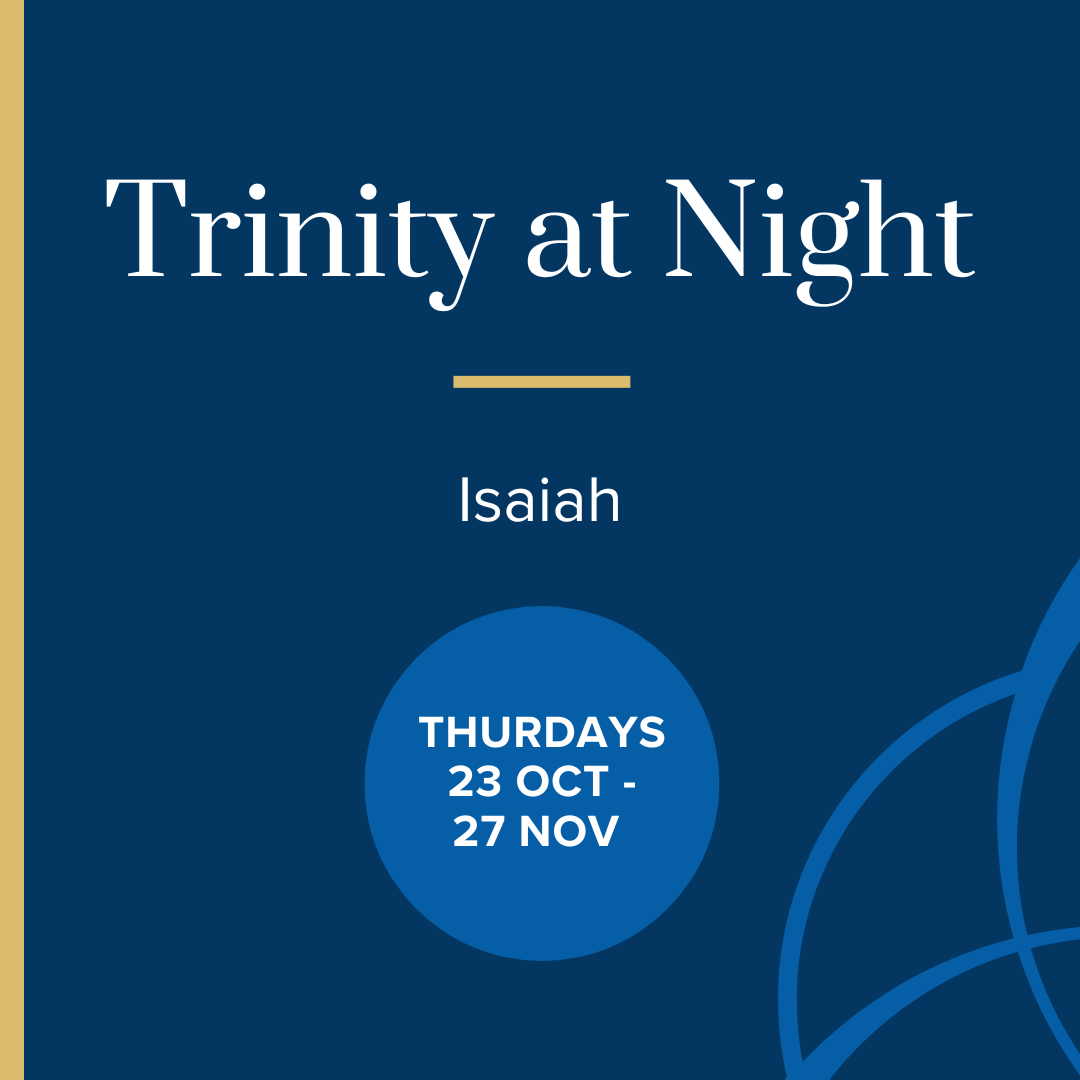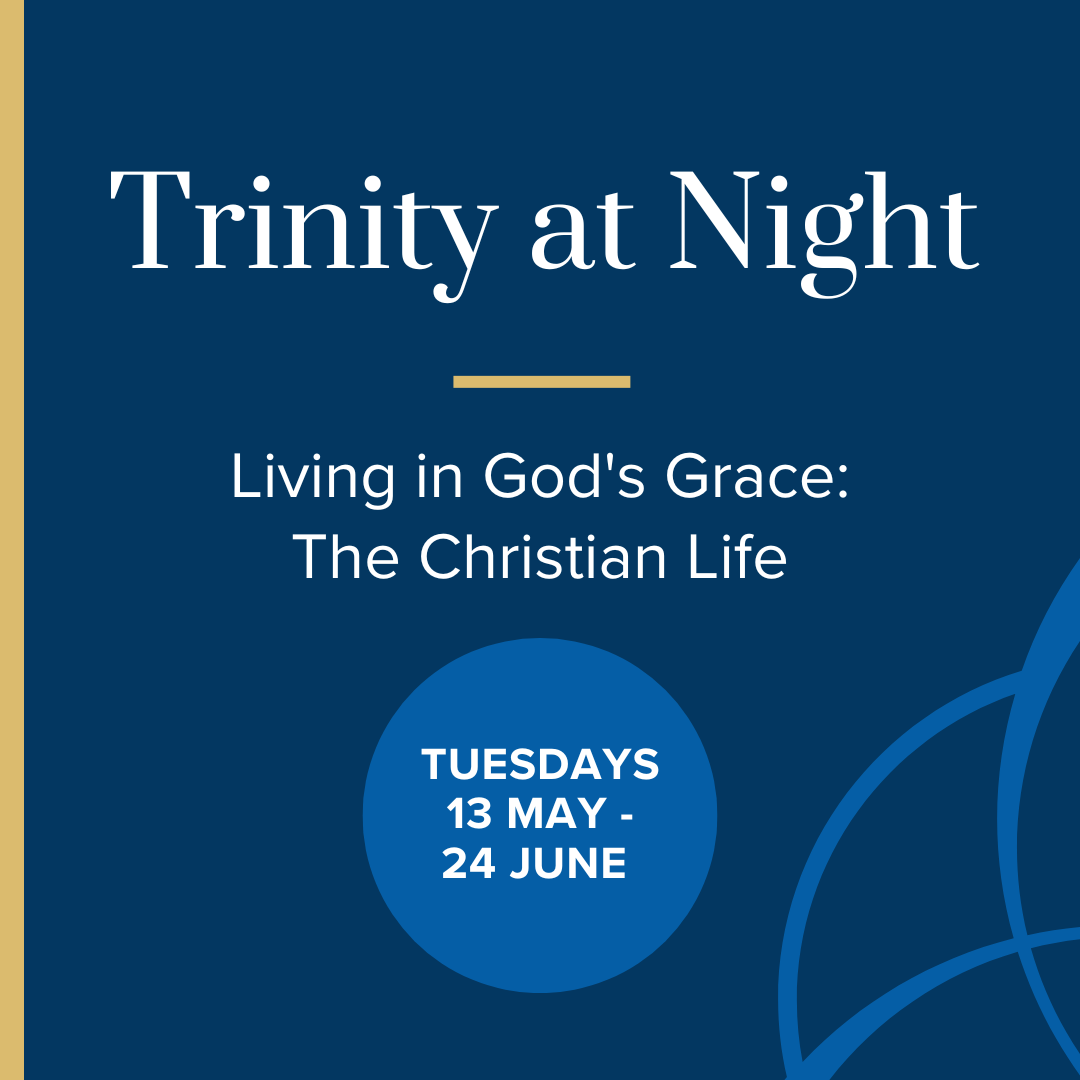Taught by Michael Dean-Smith The Bible is 66 books – and yet one book. What…
Written to Teach Us
With you I register my thanks to God in enabling the College to continue its teaching and training last semester through the coronavirus restrictions here in WA. The students, faculty, and support staff displayed much patience and grace during this time. It was, however, a draining experience with additional steps needed to complete even basic tasks.
Fast forward to the start of second semester: the buzz is deafening. New students to welcome, a new classroom on level 1, the sound of laughter as pastoral care groups recommence, library desks full—and even the new sanitising and distancing regimes are followed without a murmur. Yes, glad to be back.
This semester we also welcome Rory Shiner as a guest teacher in our 2nd/3rd year Certificate of Ministry course and Mike Webb as a missions advisor. Rory will be known to many of you as senior pastor of Providence City Church here in Perth, and as a keen observer of our Australian gospel context. Mike and his family recently returned from 15 years serving in Indonesia with Pioneers. Mike will help the faculty reflect wisely about equipping people for local and international cross-cultural ministry. Mike will also provide guidance to students and others this semester as they consider how God might use them in the global growth of the gospel.
There is no question that the coronavirus pandemic has increased pressure upon us all, and especially upon Christian leaders. From the impacts of distancing regulations on the Sunday service to isolation of the vulnerable church members no longer able to be visited, pressures mounted up—and continue to do so. By comparison with many countries (for whom we pray), things here in Australia are relatively stable; yet anxieties are growing under the surface, and our Enemy is not inactive.
In Romans 15:4, Paul reminds us that “. . . everything that was written in the
past was written to teach us, so that through the endurance taught in the Scriptures and the encouragement they provide we might have hope.”
The psalmist says something similar in Psalm 119, over 170 times! Much of this great psalm is a prayer for deliverance and help (and ultimate vindication) provoked through meditating on God’s Word. The Scriptures feed us and teach us how to have faith and hope in God: they encourage us to endure.
In Western contexts, “meditation” is thought to be a wordless practice. Not in the Bible. In his comment on Psalm 1:2, Martin Luther affirms Augustine’s translation of the word “meditates” as “chatter.” To meditate on God’s Word is to speak it out loud and chew on it so that it sinks into our minds and hearts and begins to shape us. Through this, God’s Spirit puts our anxieties (and their overflow [resentment, etc.]) into place and turns us towards our heavenly Father who addresses us. And there are no more important words from God for us in these times than the prayer that our Lord taught us and the Psalms upon which he drew and in which we see his sufferings and his glories. Let us go on learning of him not only with our ears but with our lips, that “we might have hope.”
With every blessing in Christ,
Don West
Principal


